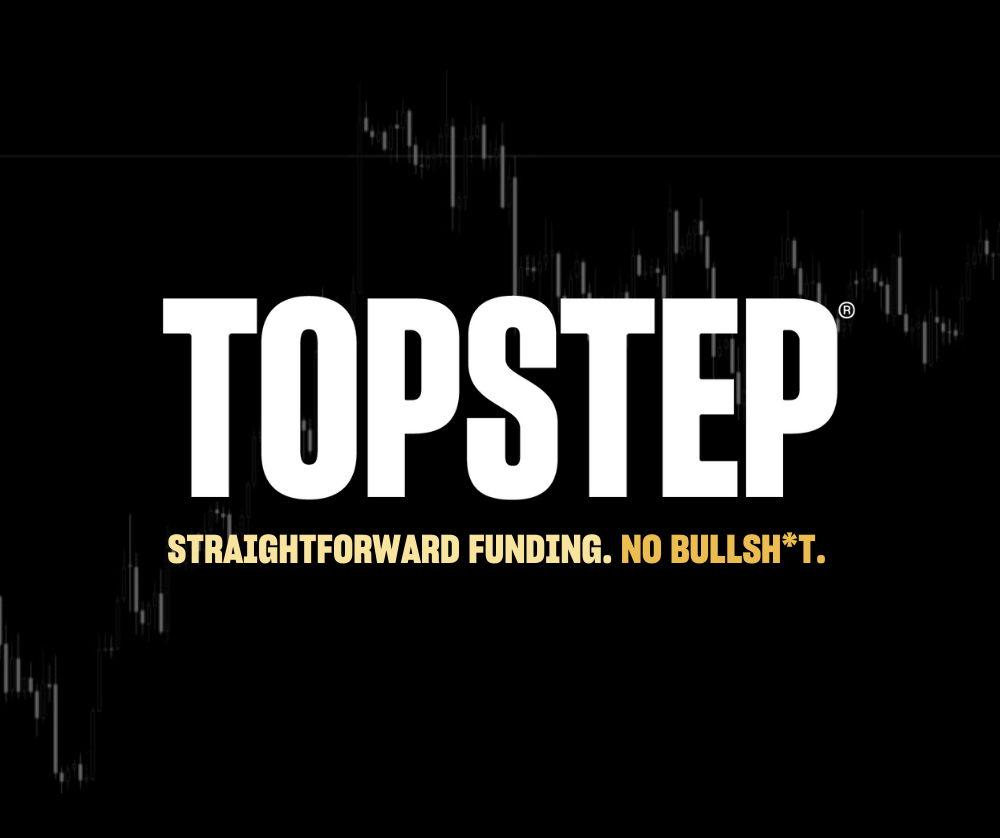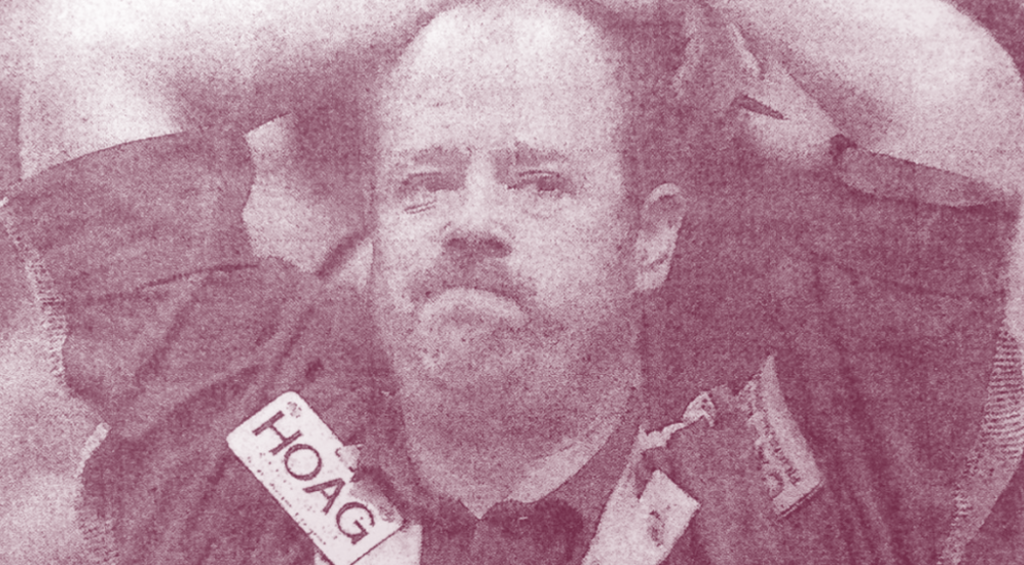Many traders tend to exhaust themselves, disproportionately focusing on their outcomes. Trading psychology coach Dr. Andrew Menaker, advises traders to focus more on what they can control, the process, and less on what they can’t control, the outcome. Of course, this is a lot easier said than done.
Futures Magazine: Why is it important for traders to separate process and outcomes?
Dr. Menaker: A high number of the traders who I’ve worked with over the years are boom-and-bust traders. What defines them is that they make a bunch of money and they lose it. What these traders have in common — and it’s true for traders who have hit a profit ceiling as well — is that they merge their trading process with the outcomes they experience. They’re caught in a bias known as “resulting.” This trips up a lot of traders.
FM: What is resulting?
DM: Resulting is a self-serving cognitive bias with your ego at the center. Resulting occurs when you equate outcome quality with decision quality. The concept comes from the professional poker world. Psychologically, trading and poker are similar activities with this crazy mix of skill and luck.
Here’s how resulting looks in our world. A trader will think, “If I had a good outcome — I made money — then it was a good trade.” Conversely, they think, “Anytime I lose money, a bad outcome, it was a bad decision or bad luck.” Ego-based trading keeps you attached to outcomes. It traps you in that boom-and-bust cycle.
FM: Since trading is a mix of skill and luck, let’s talk about luck.
DM: When looking at outcomes, there’s always a luck factor. Once you’re in the trade, it’s what other people do that pushes price either in your favor or against you. That’s the luck part of trading. Your ego wants you to chalk up winning trades as skill and losing trades as bad luck, ignoring the role of other market participants.
FM: If a trader wants to break out of the boom-and-bust cycle, what do they need to start doing?
DM: When you make money, you need to be honest with yourself in evaluating the quality of that decision or decisions that led to that outcome. You can’t ignore the luck factor in profitable trades. When you understand that others move prices for you, that will help to temper any over confidence that you have. As a trader, you need to remember that you didn’t cause the trade to work, regardless of what it felt like. You simply put yourself in a position to profit from what others do.
Here’s an exercise that I sometime ask my coaching clients to do. At the end of each day sort your trades by type:
- Good quality process/positive outcome
- Good quality process/bad outcome
- Poor quality process/bad outcome
- Poor quality process/positive outcome
After a few days, you’ll probably start to see some trends in how many trades you have in each category.
FM: If type 4 trades have a good outcome – you’ve made money – then why do you consider those the worst type of trades?
DM: A common version of this trade is an impulse trade that pays off. It’s that trading with your hair on fire situation. After you have a few type 4 trades, it’s easy to think, “I can potentially get paid again for doing the wrong thing.”
Now all traders have type 4 trades so don’t panic if you have a few. Some traders just have more than others. Usually, over the arc of a successful trading career you’ll see fewer and fewer of these trades, as well as fewer type 3 trades. If you’re experiencing a lot of these trades, set a goal for yourself, For example, “I’m going to reduce my type 3 and type 4 trade by 25% this week.”
FM: Some traders just can’t stop making type 3 and type 4 trades. Why is that?
DM: It boils down to a short-term need for gratification. Type 3 and type 4 trades are often impulse trades that meet a variety of conscious or unconscious needs. An impulse trade can give an impatient trader something to do or provide action for a bored trader. For a trader who is behind on their P&L, it provides an opportunity to “catch up” or make their money back
An example of meeting a deeper, unconscious need, is when you make a trade to feel good enough or to counteract feelings of not being good enough. Those are deep subconscious issues that don’t get resolved easily. And they’re often at the core of repeated mistakes.
To succeed in trading, you have to override some natural tendencies. We all seek comfort and don’t want to feel uncomfortable. We want to be seen as competent and good enough. It’s too easy to let these short-term emotional needs get in the way of reaching consistent profitability over time. Without realizing it, boom-and-bust traders prioritize their short-term needs over their longer-term goals. It takes a lot of work to flip this around.
FM: Any final thoughts?
DM: Focus on what you can control and don’t focus on what you can’t control is good advice though easier said than done. But how do we do it?
A couple of critical things need to happen before you can focus more on process and less on outcomes. You need to learn to think of process and outcomes differently. Next, you need to evaluate them separately. Without these critical steps, you’ll remain where you are as a trader.
If you’d like to learn more about Dr. Menaker’s thoughts and insights, please visit his website.
Dr. Andrew Menaker is a licensed clinical psychologist and an active trader. He’s been a performance coach for top money managers and professional traders for the past 25 years.





